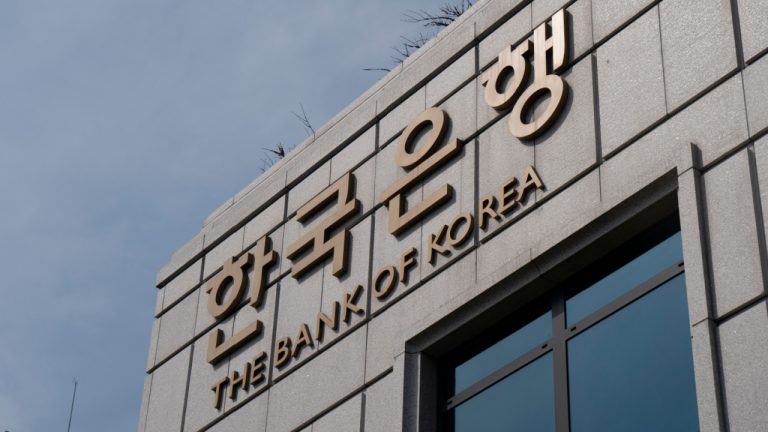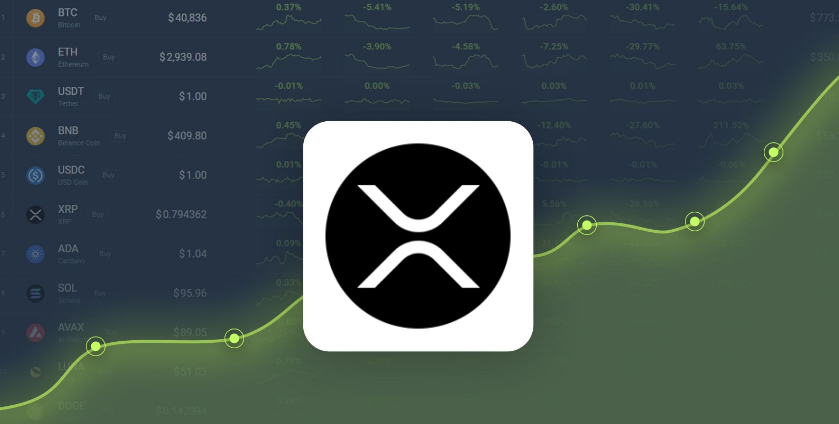
The Bank of Korea and the Bank for International Settlements (BIS) have announced a new pilot that will test the functionality of a Korean wholesale central bank digital currency (CBDC), which will serve as a tool for banks to settle interbank transactions and issue CBDC-backed digital currencies that can be fractionally backed depending on the case.
Bank of Korea to Test Wholesale CBDC
The Bank of Korea has announced an upcoming wholesale central bank digital currency (CBDC) pilot that will test the applications and efficiency of such a system in different use cases. A wholesale currency is designed to be harnessed by commercial banks and other financial institutions.
The proposed system, which has been designed with the collaboration and advice of the Bank for International Settlements (BIS), would allow the commercial banks signed up for the pilot to issue different kinds of digital currencies (tokenized deposits and e-money) with the support of a wholesale CBDC as collateral. In addition, this CBDC would also serve to make interbank settlements.
The pilot could also include applications outside the banking system to instantly execute settlements of tokenized assets (like carbon credits), with delivery and payment happening simultaneously.
Evolution of Korean Pilot and Objectives
The pilot is the continuation of the previous experimentations of the Bank of Korea with a retail CBDC, which happened between July and December 2022 and included the participation of 14 financial institutions. While the pilot was considered a success, the bank explained that there was currently no need to introduce a retail CBDC due to the efficiency of its developed payments infrastructure.
Furthermore, the bank concluded that introducing a retail CBDC would give origin to new problems in the financial system, endangering the role of banks in the Korean economy and awakening privacy-related concerns in users.
The objectives behind this wholesale CBDC pilot are various. Getting the attention out of cryptocurrencies and into supposedly more responsible alternatives is one, given that Koreans are known for their involvement in cryptocurrency trading activities. Another objective is to enhance tokenization and payment efficiency through integrating digital currencies. The last objective is to incorporate this system into a much bigger Unified Ledger approach defined by the BIS, avoiding fragmentation and isolation of the system.
The New York Federal Reserve completed a similar test in July when it experimented with the issuance of a tokenized wholesale digital dollar, reporting positive results for using it as an interbank settlements currency and for cross-border payments.
What do you think about the Bank of Korea’s upcoming wholesale CBDC pilot? Tell us in the comments section below.










